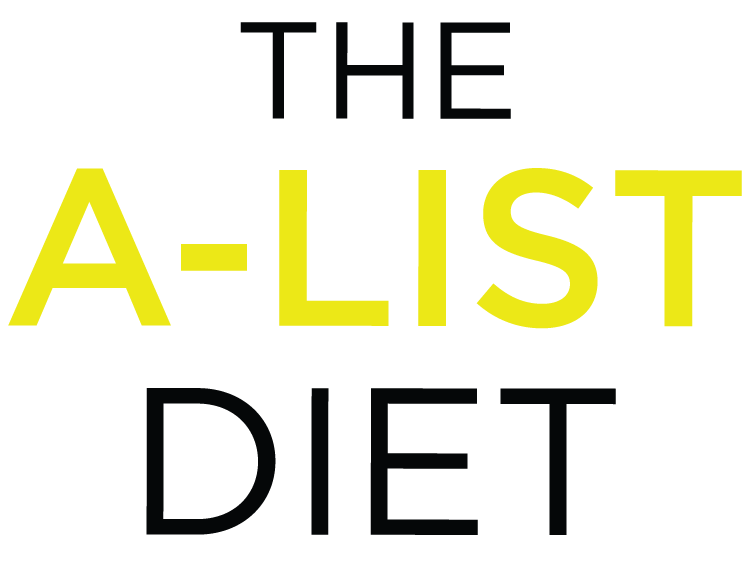Weight loss is a big part of my life. Not only because I help people with this struggle every single day. But because I, myself, struggle with weight issues on a daily basis too.
Granted, I haven’t been overweight in a very long time. But that’s only because I’ve learned to manage my weight and eat in a healthful manner. And if I do indulge, I know not to let that one instance sabotage and derail me for good.
I don’t share my story to oversimplify the effort. If losing and maintaining weight were so easy, we wouldn’t be in the throes of an obesity crisis. But I do have firsthand experience with how a firm commitment to small and consistent changes can bring lifelong success, even when more extreme methods fail.
And I have solid research to back me up.
It’s called the Study of Novel Approaches to Weight Gain Prevention — a randomized trial consisting of three different groups of young adults. One group made small changes to diet and activity. Another group made big behavioral changes. And a third group made no changes at all.
The results were published recently in the Journal of the American Medical Association (JAMA). And let me tell you, they speak volumes.
After four months, the subjects using weight interventions transitioned from face-to-face meetings to internet interactions. They monitored their weight daily and reported it online or via text message. They also received monthly progress feedback — either congratulations on maintenance, or strategies to get back on track.
If the subjects’ weight started creeping back up, they received instructions based on their group. If they were in the “small changes” group, they were asked to cut a modest 100 calories per day and add in a little extra exercise. Subjects in the “big changes” group were asked to exercise 250 minutes weekly. (That’s about 35 minutes of exercise per day. Hardly excessive, but it’s a lot more than most people do.)
But whether the changes were big or small, both groups had one thing in common. They were consistent. And it paid off.
After three years, subjects in the “small changes” group lost over a pound. The “big changes” group lost over five pounds. And you probably won’t be surprised to learn that the “no changes” group gained weight.
Reading all this was music to my ears. And the fact that this study focused on young adults made me particularly happy. I’ve been speaking out about young people with weight issues for nearly 20 years — way before childhood obesity was a hot button issue.
Why?
Because I was an overweight child and it was a painful experience. One I would never want another child to go through. So, I feel like it’s part of my job to share what I’ve learned in the hopes of helping young people avoid the mental, physical, and emotional toll that obesity can take on you.
And to help their parents, too. I’ve always contended eating is a learned habit. So if you teach your children how to eat well now, it will absolutely make their lives easier and healthier in adulthood. And this study proves that point.
But we can all take lessons away from it. Most importantly, early intervention and self-regulation are essential. Keep an eye on your habits and adjust your course as necessary along the way.
Don’t wait until it’s too late and you’ve already gained 10 pounds. Take action now. Get started on The A-List Diet. Follow the simple steps I outline in the book, now available in a handy paperback version. And repeat them every single day.
A-Listers’ Corner
Question: Do I have to exercise in order to get results from The A-List Diet?
Answer: If you follow all of the dietary recommendations I outline in The A-List Diet, you will lose weight. So, in that sense, you don’t HAVE to exercise. But you really can’t afford to miss out on all the amazing things that exercise can do for you.
First of all, it will help you maximize the results you get from eating all of the amino-rich foods on The A-List Diet. But, beyond that, it increases longevity and decreases your risk of heart disease, diabetes, stroke, cancer, bone loss, you name it.
I know it may be hard to change how you eat and start exercising all at the same time. But I’m not asking you to spend hours on end at the gym. I like to see my patients do at least 15 minutes of aerobic activity each day.
And don’t forget — exercise doesn’t always have to “feel” like exercise. Gardening, bowling, golfing, ballroom dancing…all these hobbies get you moving, without a gym membership.
One more thing…
I tend to think of the struggle with weight like any other addiction. Because in a lot of ways, it is one — and it has to be addressed on a daily basis, even long after you meet your goals. For people like me and my patients, weight is something that you need to wake up every morning both aware of and vigilant toward. And consistently make good, healthy choices when it comes to exercise and food.
It may sound boring, but trust me — I eat really well and have a great time doing so. Just ask anyone who has lost weight with The A-List Diet. My meals are always delicious.
For me, as the saying goes, nothing tastes as good as thin — and healthy — feels.
SOURCE:
http://jamanetwork.com/journals/jamainternalmedicine/fullarticle/2517921

